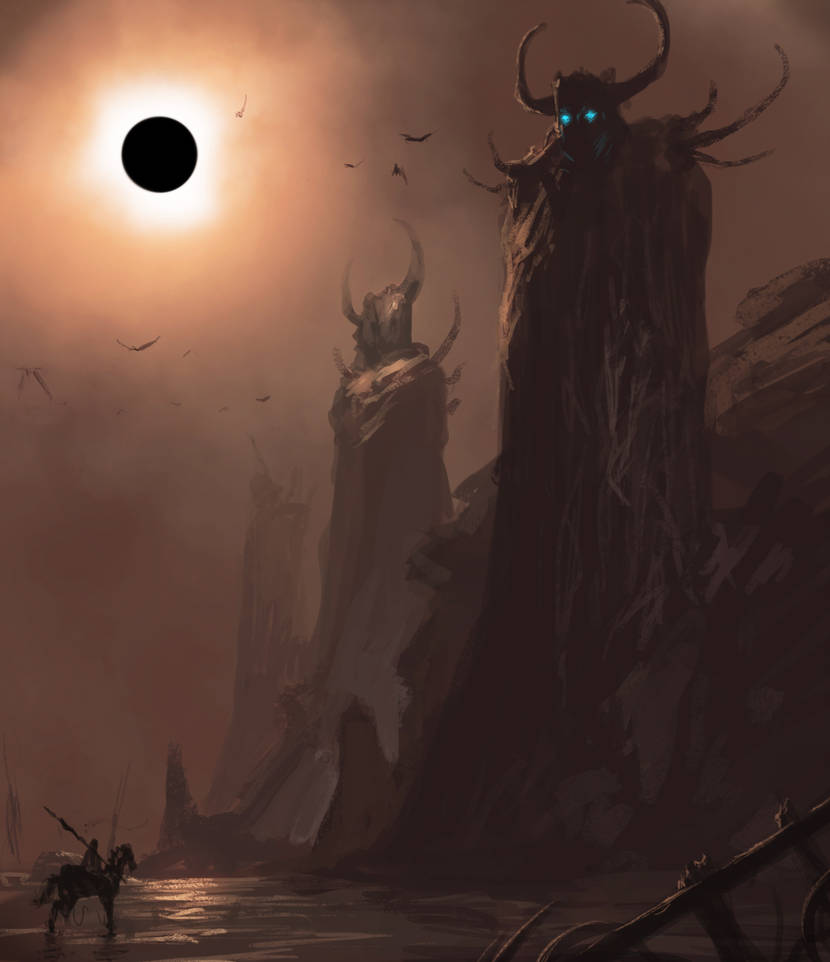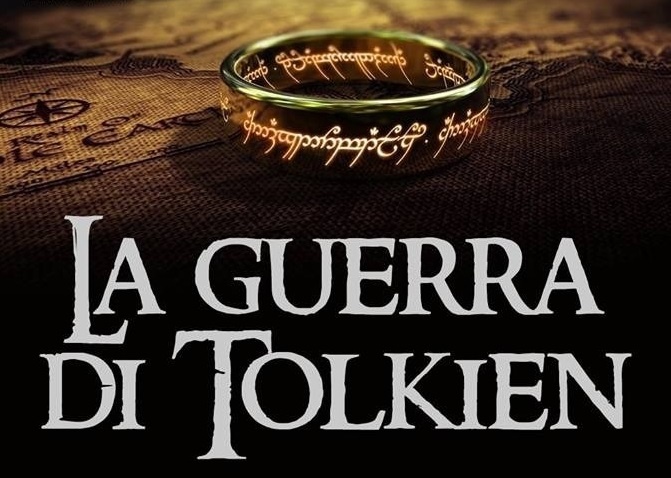“It’s not talking about you“
Thanks to Oronzo Cilli, who owns copies of all three different editions of The Lord of the Rings—Astrolabio, Rusconi and Bompiani 2003—Vittoria Alliata was able to compare her translation with the one edited by Principe (it may be presumed that Alliata’s original typewritten document is still in his hands). It turns out that they have carried Astrolabio’s typographical errors into the Bompiani edition. They also switched back to English some character names which Alliata translated as suggested by (Frodo Sacconi has become Frodo Baggins: Sacconi is an Italian surname, it contains the word “sacco” which means “bag”, it is a natural and clear translation for Baggins); in the end, in 2003 they went as far as changing ‘Orchetti’ with ‘Orchi’ as a tribute to the film translation (in fact, the Italian version of the Peter Jackson film has “orchi” instead of “Orchetti” and dubbing was clearly made anew, not referring to the translation of the book).
Each change was made by Principe against Tolkien’s will. For this reason, in Vittoria Alliata di Villafranca’s opinion, the main responsible of the discord in Tolkien’s fanbase is Principe himself, because he made it distant and less clear to readers by changing the text and the explainable refusal to add the translator’s and philological notes requested by Alliata when renewing her contract. She goes so far as to say, and says that all those changes and intrusions were made by Principe to give a more pagan turn to the meaning of the text. As a matter of fact Principe has declared he is interested in Tolkien because in his opinion he’s a pagan author. Princess Alliata’s position is really far from the imprinting Rusconi gave to Tolkien’s text in favour of the right party and of esoteric and neo-pagan mysticism in the seventies. This distance can be also measured by a statement of hers in an interview to Nicola Adragna in 20027:
“The slant of Elemire Zolla’s introduction, instead, gave a totally different key to understand the text, discouraging those readers who would have appreciated it most. Tolkien has no “esoteric relationship” with other great authors published by Rusconi, such as Coomaraswami, Burckhardt and Guenon, simply because these write freely about metaphysics, and they propose to come back to a tradition of wisdom, while Tolkien tells, with some nostalgia and, maybe a lot of pessimism, stories from a mythical world that shares runes only with the Celtic hyperborean tradition.”
Today, we fear that the will of ‘updating’, ‘modernising’ The Lord of the Rings, might cause the loss of one of the main dimensions of this work: the criticism of modern times (as well as the depth of style we’ve written about above when discussing the word tushery). But, what does ‘updating’ mean for Tolkien? Fundamentally two things in Alliata’s opinion.
The first one relates to Saruman’s cross-breed between Orcs and Human beings: they are a premonition of the New Man, of universal syncretism, of the removal of peoples’ deep roots, that are not reached from the frost. The perspective is a globalisation in which all cultures are smoothed one over the other. Therefore modernity is, first of all, destruction of variety: it is the rebuilding of the Tower of Babel8, whose destruction, according to Tolkien, was a happy event (on the matter, see Tolkien’s essay English and Welsh).
The second meaning of ‘updating, modernity’ is given by Sauron’s Eye, that can be seen by Nâzguls only, and whose strength is connected with the Ring that ‘makes the bearer invisible immersing him in the world of blind Shadows’: ‘Tolkien’s Big Brother is, therefore, a cause and a consequence of creatures blindness, of their loss of an authentic vision’: the more we are connected to images ‘the more we let loose our interior vision, that shows us the Way, the Right Way’.

This is the path of modernity: the loss of one’s interior self, being always and constantly discovering, under an invisible eye that controls everyone, brings and in the darkness binds them.
But, what’s the essence of it all? What’s the meaning of Quirino Principe’s intervention and of O. Fatica’s new translation and modernisation? At the end of her speech at the Senate Vittoria Alliata di Villafranca tells us that the meaning is they want people to believe Tolkien’s work ‘is not talking about you’.
And then princess Alliata ends in the way she’s begun: talking about values in Tolkien’s texts. The real attempt they have always been pursuing – ‘always’, that’s the point – is to reduce the universal value of The Lord of the Rings: a step-by-step diminishing of its message and of of the number of its readers, which is not only made up by scholars nor simple fantasy fans, but by people looking for an epic, for a real adventure—more real than everyday reality—that can encourage them to change their lives for the best. They’ve called this book fantasy ‘to be sure it was put away in a corner’. The message to be conveyed, and it was actually conveyed in part, is this: ‘Beware! It’s not talking about you…, it’s not talking about your world’. Instead it’s really talking about us and our world’.
This is why, despite everything, The Lord of the Rings always thrills and will always thrill everyone: people who do not need to confirm any ideological prejudice9 will always believe this text is involved with values and not with ideology10.
7 The interview can be found on middangeard.org, and it was first published on “Stilos”, insert of the daily newspaper La Sicilia, year IV n.2 Tursday 24th January 2002, titled “Alliata: traduzione gradita al professore” (“Alliata: a translation that pleased the Professor” ―translator’s note) signed by Nicola Adragna, an Italian writer and journalist.
8 I am using an image from the Bible, Tolkien would have appreciated.
9 As Wu Ming 4 asserts about himself at the beginning of his review (published on the Aist website, as well) of the text of Oronzo Cilli and various authors Tolkien, the esperantist: ‘The following review was born under the shadow of a cultural prejudice.’
10 This is a statement my Ancient Philosophy Professor Maurizio Migliori, a 1968-inspired and left wing activist as well as Tolkien reader from the very beginning, made during an interview given to me and published on the STI (Italian Tolkien Society) website.


